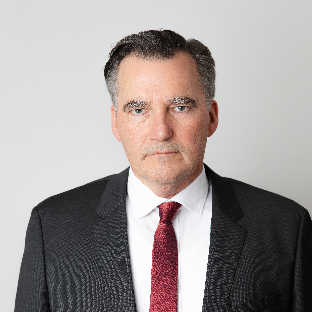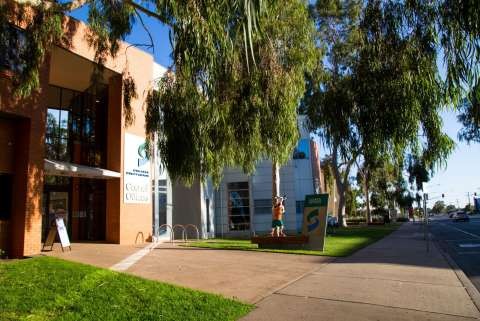Massage & Myotherapy Australia welcomes the commitment of the Federal Government to crackdown on the exploitation of Australia’s visa programs.
Ann Davey, CEO Massage & Myotherapy Australia said, ‘We hope that more will be announced concerning the massage sector which has suffered the brunt of this abuse.
‘Massage therapy has long been used as a front or camouflage for sex work and human trafficking into legal and illegal sex work in Australia and around the world.
Euphemistically, massage is used to describe and promote sex work services. The evidence clearly shows that this creates a legal and social disguise for the true intent of human traffickers, illegal sex workers and their clients.
The camouflage makes separating legitimate massage therapy and temporary working visa applications from fraudulent visa applications extremely difficult.
‘As long as this euphemism is accepted as normal and appropriate in Australia, the abuse of the visa program through the massage sector and the abuse of the qualifications of massage therapists is likely to continue.
‘We hope that the tighter controls will exclude temporary visa holders from working in highly vulnerable sectors such as the massage sector. This will provide grounds for police to effectively investigate the operations of quasi massage shops that can offer anything from spa style massage to legal and illegal sex work,’ Mrs Davey said.
The confusion and misunderstanding about the education, competencies and benefits of legitimate health related massage therapists has led to many documented serious issues for women working in our sector.
‘Many professional massage therapists that hold recognised qualifications under the Australian Qualifications Framework, leave the sector because of the high levels of sexual harassment and abuse from clients.
‘The conflation of legitimate massage therapy with sex work, has created a culture where any woman who provides massage therapy is regarded as a potential sex worker,’ Mrs Davey said.
With a ratio of 4 to 1 women working in the sector, the effects of this perception are simply unacceptable by any standard.
For example, a 2018 study found that most Asian sex workers commenced sex work when they came to Australia.
The AIC (Australian Institute of Criminology) 2015 Report 131, which surveyed migrant sex workers in Australia, found that a significant number of women do not have permanent Australian residency and hold student, protection, tourist or working visas, with a third of these women holding a student visa. The AIC reported migrants were more likely than non-migrants to work at massage parlours and less likely to work at brothels. The Report cites Selvey (Selvey et al. 2012: 19) who reported that massage parlours are similar in that they have several employees and provide services on-site, but the ‘primary service offered is “relaxation massage”‘.
The 2020 Project Respect Annual Report, which reported on their work with women subject to trafficking, sexual exploitation, violence, and harm, found that there is a significant population of women on temporary visas in the sex industry, and for the most part, they were ineligible for government support. Around 50% of respondents also disclosed that themselves or their co-workers have experienced work-based violence such as sexual assault, physical/verbal abuse, or rough customers.
‘We stress that we are not questioning the legitimacy or morality of sex work.’
We are simply stating that qualified professional massage therapists are not sex workers, and that the confusion between the two must be addressed if the crackdown on those abusing Australia’s visa programs is to be effective,’ Mrs Davey said.







